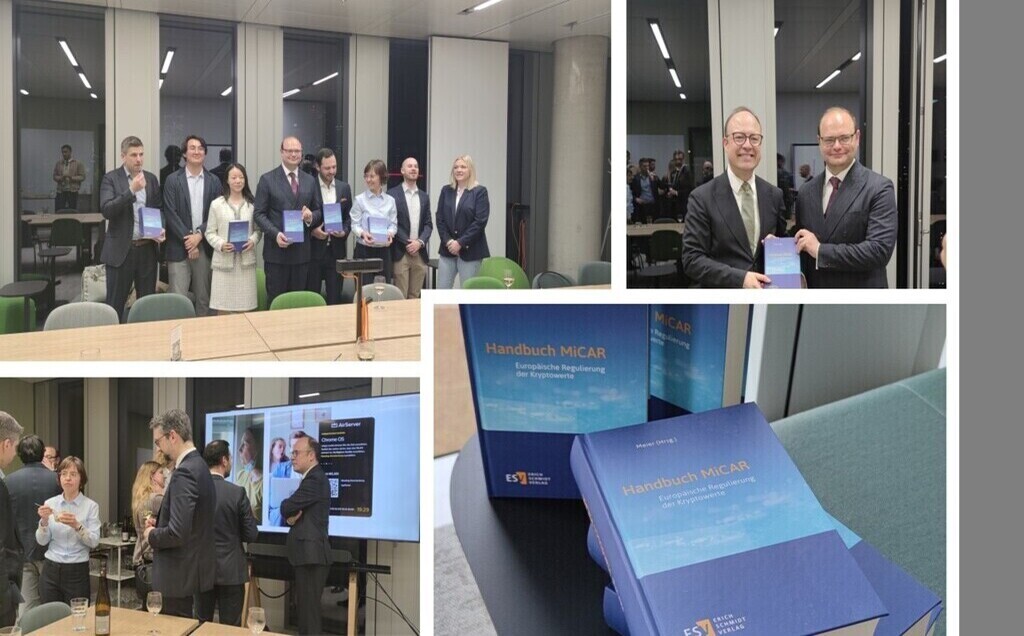Decentralized Finance (DeFi) has been opening up numerous new sources of income for players in the crypto market in the last few years. While the generation of passive income in the crypto market at the beginning of the last decade required the acquisition and operation of powerful mining rigs for participation in proof-of-work-mechanism, today the mere delegation of one’s own crypto assets to a dPoS validator is sufficient to earn proportional block rewards in the consensus mechanism of proof-of-stake. Another way of generating passive income via DeFi protocols is the so-called yield farming. Here, interested crypto users can temporarily provide their crypto assets to a smart contract known as a liquidity pool and receive a reward in return. The yield is achieved by allowing liquidity-seeking crypto users to borrow crypto assets from the liquidity pool. To ensure repayment, borrowers must provide sufficient collateral in other cryptocurrencies. These types of loans are therefore not suitable for raising capital on a temporary basis, but only for raising short-term liquidity in a specific crypto value. Yield farming is thus attractive to both retail investors and institutional liquidity providers. But does the provision of crypto assets for yield farming in individual cases also require an authorization from BaFin?
Obligation to Obtain Authorization Pursuant to KWG and WpIG Only for Domestic Commercial Activities
The performance of activities regulated under the German Banking Act (KWG) or the German Investment Firm Act (WpIG) is only subject to authorization if it takes place in Germany and on a commercial scale or to an extent that requires a professional business setup. BaFin always considers the domestic connection to be given if the service provider has its registered seat in Germany. If the service provider operates from abroad, the domestic reference may be given if its offer is specifically directed at German customers. In the case of yield farming, the domestic connection is therefore deemed to exist if the liquidity provider is domiciled or has its registered seat in Germany. However, if the Liquidity Provider operates from abroad, it will rarely be possible to assume that he or she is actively offering its services to German customers, as he or she merely provides its crypto assets to a decentralized smart contract and not to a specific customer. Nor does the liquidity provider himself take care of any marketing to specific borrowers. A commercial activity can be assumed if the yield farming is performed not only temporary and with the intention of making a profit, which will be the case for most Liquidity Providers.
Crypto Loans Not a Regulated Lending Business Pursuant to the KWG
In general, the granting of loans is regulated in the KWG as a banking business requiring authorization. However, the permissive element of the lending business in the KWG only refers to money in the traditional sense and not to crypto assets. For this reason, the activity as a liquidity provider cannot constitute a lending business pursuant to the KWG. Additionally, there is the problem that the provision of crypto assets to liquidity pools and thus to decentralized smart contracts takes place on a DeFi platform. Liquidity providers therefore do not have a specific contractual partner that could be considered their borrower. Other activities which would otherwise be subject to authorization in the KWG and the WpIG are also not applicable in case of the temporary provision of crypto assets to liquidity pools. The contribution of one’s own crypto assets to yield farming projects is therefore possible without BaFin authorization, at least according to German supervisory law.
Attorney Lutz Auffenberg, LL.M. (London)
subscribe to Newsletter






